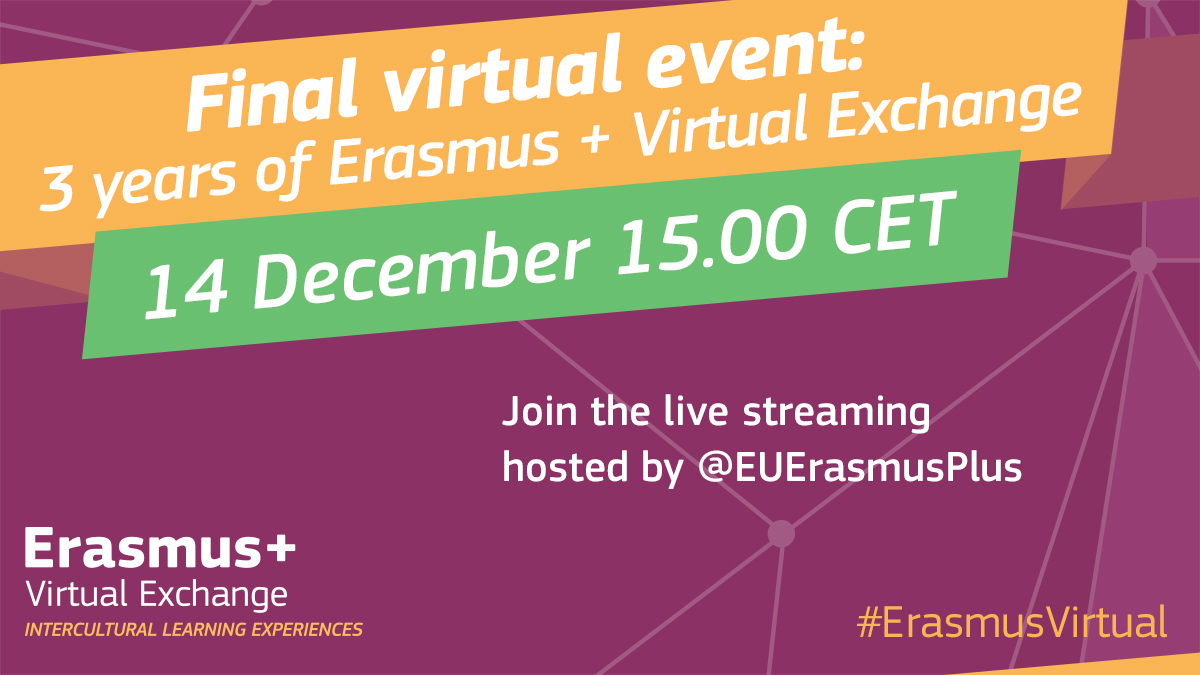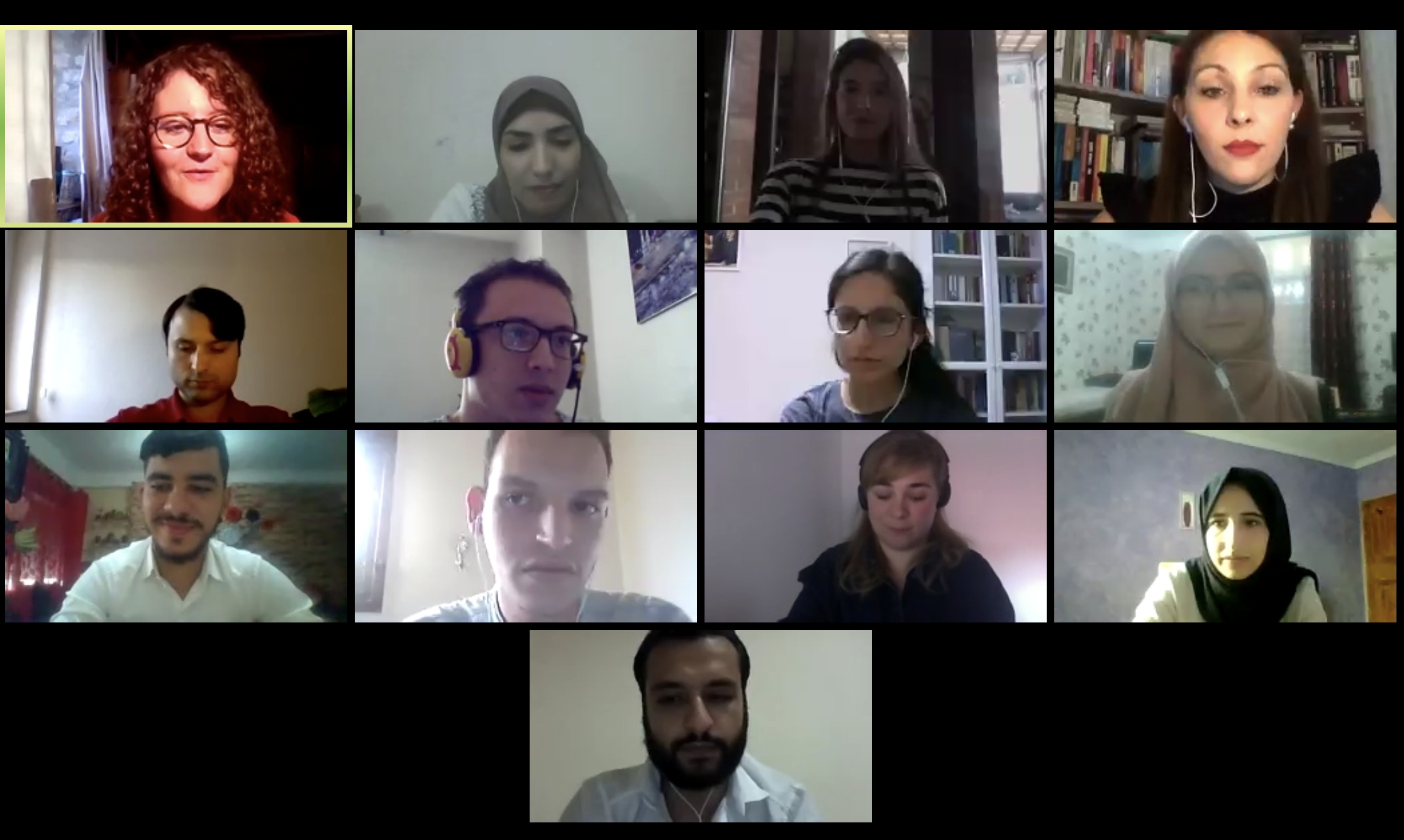Virtual Exchange Facilitators: bringing hope for peace through technology

Facilitators are an important part of Virtual Exchange activities. They accompany groups of young people with different cultural backgrounds who meet online to talk about everyday life and culture, but also about controversial social and political issues. These meaningful cross-cultural experiences have a profound impact on the way in which young people engage one another and can foster positive contact between conflict groups.
The Virtual Exchange Facilitators' Training is designed to teach facilitation and conflict resolution. Skills that can play an effective role in enabling constructive cross-cultural dialogue and can alter how we deal with conflict.
“Facilitation Training puts everyone on the same level, encourages goodwill and promotes a people-caring-for-people environment”, highlights Sandra from France, a Youth Programme Coordinator and a Virtual Exchange Facilitator.
Role of a Virtual Exchange Facilitator
Facilitators are multi-partial and neutral process leaders.
They do not participate in the content of the conversation but do their best to ensure all participants feel free to express themselves and be heard by others, respecting certain agreed-upon ground rules and following the indications of a curriculum as well as the group’s needs and interests.
As a facilitator, the aim is to arm participants with tools to hold an effective cross-cultural dialogue where participants learn about one another and about themselves. Participants are often inspired to take this understanding beyond their participation in the project and into their communities.
Skills of a Virtual Exchange Facilitator
- Leadership and initiative: Facilitators guide participants through a dialogue process and navigate challenging group dynamics.
- Critical thinking and problem solving: Facilitators become more self-aware of their own triggers and biases, discuss assumptions and beliefs, and practice neutrality and multi-partiality.
- Cross-cultural collaboration: Facilitators work with peers from around the world and learn about culturally sensitive topics from each other.
- Teamwork and Professional Network: Facilitators work closely with a co-facilitator and join an international community of professionals immersed in a variety of fields.
Apply for the upcoming Facilitation Training



